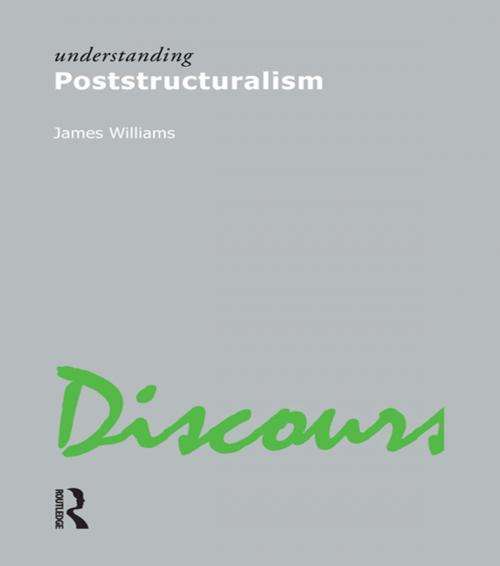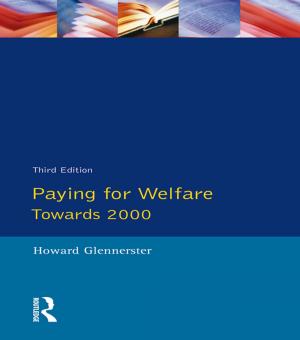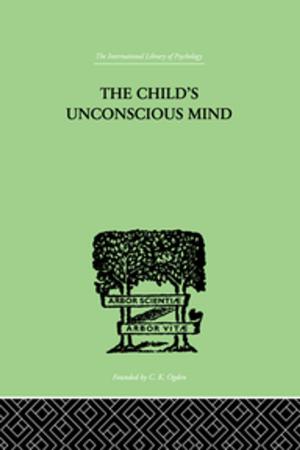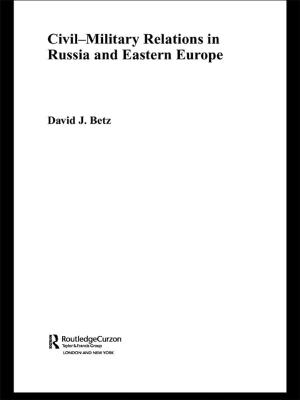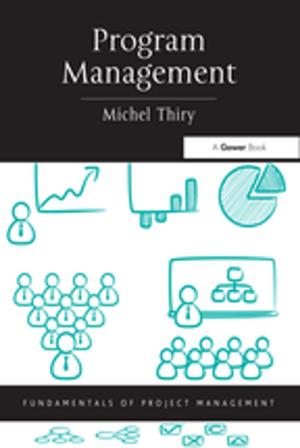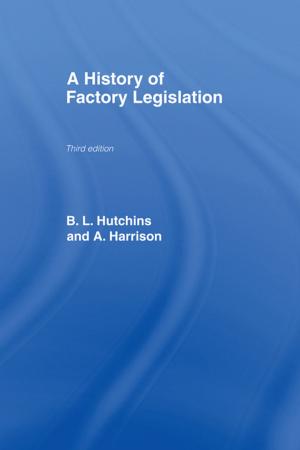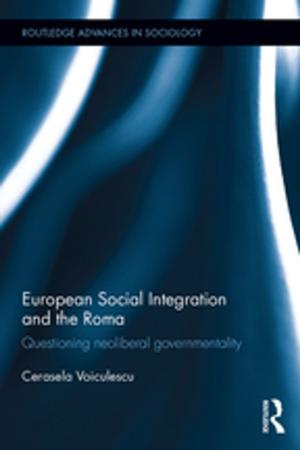| Author: | James Williams | ISBN: | 9781317494201 |
| Publisher: | Taylor and Francis | Publication: | December 18, 2014 |
| Imprint: | Routledge | Language: | English |
| Author: | James Williams |
| ISBN: | 9781317494201 |
| Publisher: | Taylor and Francis |
| Publication: | December 18, 2014 |
| Imprint: | Routledge |
| Language: | English |
Understanding Poststructuralism presents a lucid guide to some of the most exciting and controversial ideas in contemporary thought. This is the first introduction to poststructuralism through its major theorists - Derrida, Deleuze, Foucault, Lyotard, Kristeva - and their central texts. Each chapter takes the reader through a key text, providing detailed summaries of the main points of each and a critical and detailed analysis of their central arguments. Ideas are clearly explained in terms of their value to both critical thinking and to contemporary issues. Criticisms of poststructuralism are also assessed. The aim throughout is to illuminate the main methods of poststructuralism - deconstruction, libidinal economics, genealogy and transcendental empiricism - in context. A balanced and up-to-date assessment of poststructuralism, the book presents the ideal introduction to this most revolutionary of philosophies.
Understanding Poststructuralism presents a lucid guide to some of the most exciting and controversial ideas in contemporary thought. This is the first introduction to poststructuralism through its major theorists - Derrida, Deleuze, Foucault, Lyotard, Kristeva - and their central texts. Each chapter takes the reader through a key text, providing detailed summaries of the main points of each and a critical and detailed analysis of their central arguments. Ideas are clearly explained in terms of their value to both critical thinking and to contemporary issues. Criticisms of poststructuralism are also assessed. The aim throughout is to illuminate the main methods of poststructuralism - deconstruction, libidinal economics, genealogy and transcendental empiricism - in context. A balanced and up-to-date assessment of poststructuralism, the book presents the ideal introduction to this most revolutionary of philosophies.
